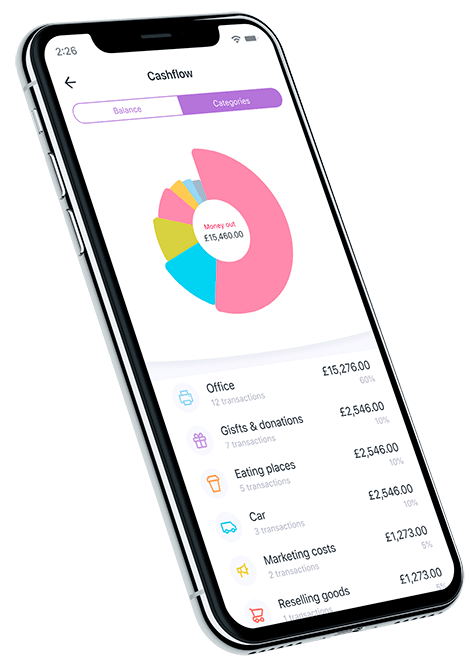COVID-19: "Three further steps" to support businesses hit by lockdowns

The government has announced further measures to support workers as part of its evolving Winter Economy Plan.
The wave of lockdowns rolling across the UK has come with well-publicised appeals for the government to increase support for the large number of companies and workers affected. As support like furlough the scheme eased with the first lockdown, Chancellor Rishi Sunak introduced a new Winter Economy Plan in place of the usual Autumn Budget. Designed to respond to the immediate needs of the country as the government pursues a regional approach to dealing with the resurgent virus, two subsequent updates have confirmed that this is an evolving strategy.
What are the latest changes that could affect your business?
To head off a winter surge of job losses, the Chancellor expanded Winter Economy Plan subsidies in the first week of October. He lowered thresholds for eligibility and introduced the Job Support Scheme (JSS) just before the Prime Minister launched a Three-Tier strategy to combat the virus across the UK.
Today, the Chancellor announced his fourth support package, tweaking the previously announced measures to be what he described as "more generous". In short, he has reduced the level of employer contributions, opened up support to staff working fewer hours, and stepped up the grants available to businesses.
The three steps have been outlined to support those under restrictions:
Self-employed grant
Two grants for the self-employed were already lined up to cover November to January and February to April respectively. The profits covered by both have now been increased from 20 to 40 %, increasing the maximum grant to £3,750.
Business Grants
Firms will be eligible for cash grants of up to £2,100 a month. These grants can be backdated to August to help companies in areas that have been under local lockdown measures since the summer.
Job Support Scheme
A week before the Job Support Scheme is due to start, replacing the furlough programme, it has been tweaked to provide further protection for the workforce. The government will now fund 62% of wages. Employer contributions have been reduced from 33% to 5%, and they will continue to receive the £1,000 Job Retention Bonus.
Employees were required to work 33% of their hours to qualify for the JSS, but that's been reduced to 20%. Crucially, that means an employee only needs to work one day a week to be eligible. These changes apply to businesses affected under Tiers 1, 2 and 3.
For further details on the support and how to apply, visit the Gov.uk website.
Support for the UK workforce has been under even greater scrutiny this week, and a sizeable portion of the UK's self-employed are still ineligible for help, even with the above revisions. We have heard from many business owners over the past six months, and "falling through the gap" is a phrase that pops up throughout our podcasts and case studies.
As the economic updates of the past two weeks prove, the situation is evolving. While some in hospitality have called the latest measures a "lifeline", there are also warnings as the excluded self-employed deal with a lack of support and the looming spectre of tax changes. As additional steps are announced, we'll keep you informed.

Download now!
And you can open a business account with all the support you need in minutes.



